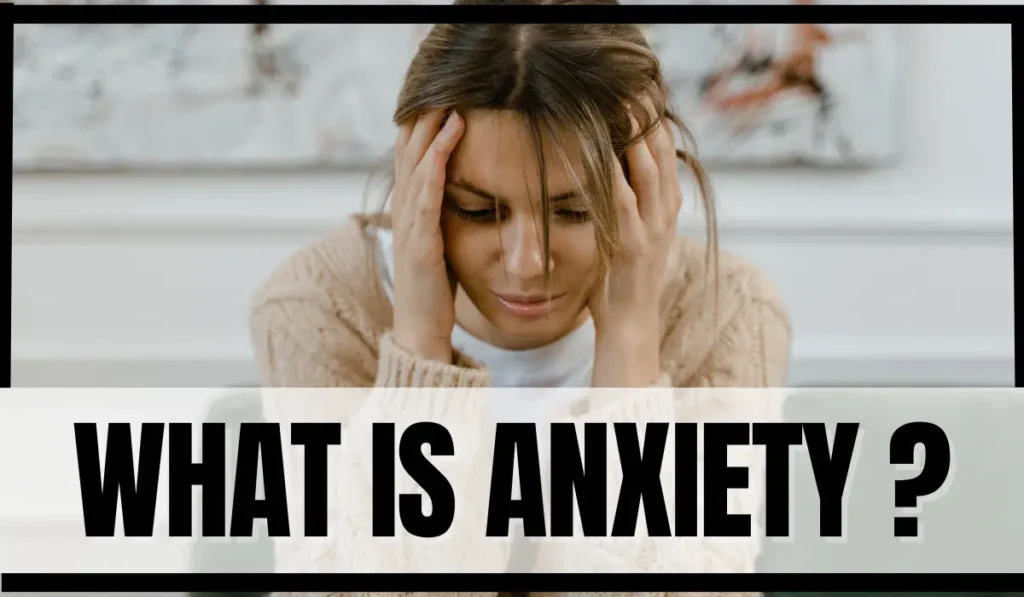It may surprise you to learn that anxiety disorders, which impact more than 40 million adults annually, are the most prevalent mental health issue in the US. Even while anxiety can have a big influence, there are useful, all-natural methods for managing and lessening its symptoms. This post will examine five tried-and-true strategies for encouraging a more tranquil, well-rounded mental state.
You’ll learn about several holistic methods to reduce stress and anxiety, such as the calming effects of deep breathing exercises and the potent advantages of mindfulness meditation. You may take charge of your health and experience more peace and quiet by using these natural cures in your day-to-day activities.
In a world that often whirls like a tornado, finding your inner peace can feel akin to grasping at a strand of mist. Anxiety, that ever-looming fog, clouds the minds of countless individuals. Yet, imagine how life could transform if we could gently disperse the fog, revealing a calm, sunlit landscape. Herein we explore five natural strategies—ranging from mindfulness to herbal teas—that promise not just fleeting relief but a sustained serene existence.
Understanding Anxiety
Anxiety is a common human emotion that everyone experiences occasionally. It serves as the body’s natural response to potential threats or high-stress situations. While a certain amount of anxiety can be beneficial, alerting us to dangers and helping us prepare to deal with them, it can be overwhelming and debilitating for some people, evolving into various anxiety disorders.

Anxiety manifests as feelings of worry, apprehension, and nervousness, and it can occur in reaction to both tangible and perceived threats. It triggers a physiological and psychological state geared towards either confronting or fleeing from perceived danger. This “fight or flight” response can be advantageous in some scenarios; however, when anxiety becomes excessive or unfounded, it can severely disrupt a person’s daily function and health.
5 Ways to Reduce Anxiety
1.Embracing the Power of Now
Engaging in mindfulness practices such as meditation provides a robust foundation for managing anxiety. Picture your mind as a sky where thoughts are clouds; mindfulness teaches you to observe these clouds without getting swept up in their storm. Simple techniques, like concentrating on your breath or the sensations of your body, anchor you in the present moment, effectively reducing anxiety levels and enhancing overall mental clarity.
2.Deep Breathing Techniques
Deep breathing is not just an involuntary action but a gateway to tranquility. Techniques such as diaphragmatic breathing invite you to breathe deep into your belly, promoting optimal oxygen exchange and activating the body’s relaxation response. This is akin to soothing a tempest-tossed sea with the gentle caress of a calming breeze.
3. The Gentle Strength of Yoga
Yoga, more than just a physical exercise, is a holistic approach to alleviate anxiety. Through a blend of physical postures, controlled breathing, and meditation, yoga for anxiety helps harmonize body and mind. Each pose is a step on a journey towards balancing the nervous system, which can significantly dampen the fires of anxiety.
4. Herbal Allies: Nature’s Anxiety Relievers
Herbal teas like chamomile, lavender, and green tea carry ancient wisdom for modern maladies. These natural elixirs, steeped in both tradition and soothing properties, serve as a gentle, calming embrace for the nervous system. Integrating these teas into daily routines can act as a preventive measure and a responsive remedy for anxiety spikes.
5. Cognitive Behavioral Therapy (CBT): Rewiring Thoughts
Cognitive Behavioral Therapy, a structured, time-limited approach to mental health treatment, focuses on identifying and restructuring negative thought patterns. By addressing thoughts directly related to anxiety, CBT arms individuals with strategies to manage and reduce their symptoms, often incorporating relaxation techniques that reinforce the therapy’s benefits.
Frequently Asked Questions:
- What is mindfulness and how can it reduce anxiety?
Mindfulness involves staying aware and present in the moment without judgment, which can disrupt anxiety’s grip on the mind. - Can deep breathing exercises be done anywhere?
Yes, one of the beauties of deep breathing is that it can be practiced anywhere, whether at a desk, in a park, or before sleep. - Is yoga difficult for beginners?
Yoga offers varying levels of difficulty, and many beginners find gentle yoga designed for anxiety a good starting point. - Which herbal teas are best for anxiety?
Chamomile, lavender, and green tea are popular for their calming effects on the nervous system. - How effective is CBT for anxiety?
CBT is widely regarded as one of the most effective treatments for anxiety, with benefits that extend beyond the therapy sessions.
Understanding and addressing anxiety is crucial for maintaining a healthy, fulfilling life. Recognizing the signs early and seeking appropriate treatment can mitigate these severe impacts, allowing for a better quality of life.
Each of these methods offers a pathway to not only manage but to thrive, transforming the way we engage with our inner worlds and the tumult around us.






[…] Read also: Discover Natural Anxiety Relief with These 5 Methods […]